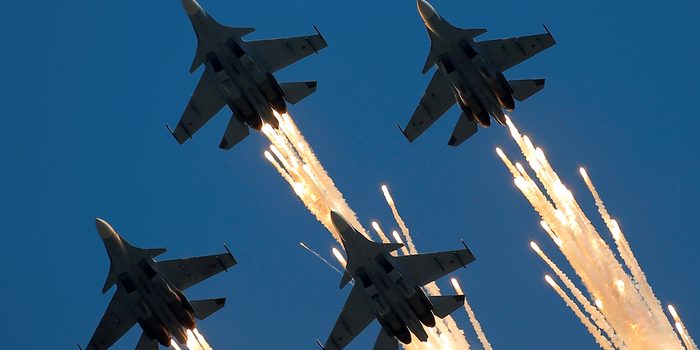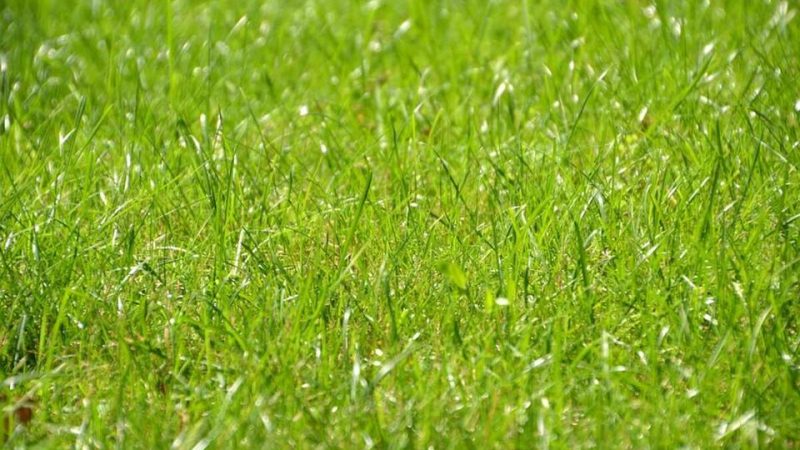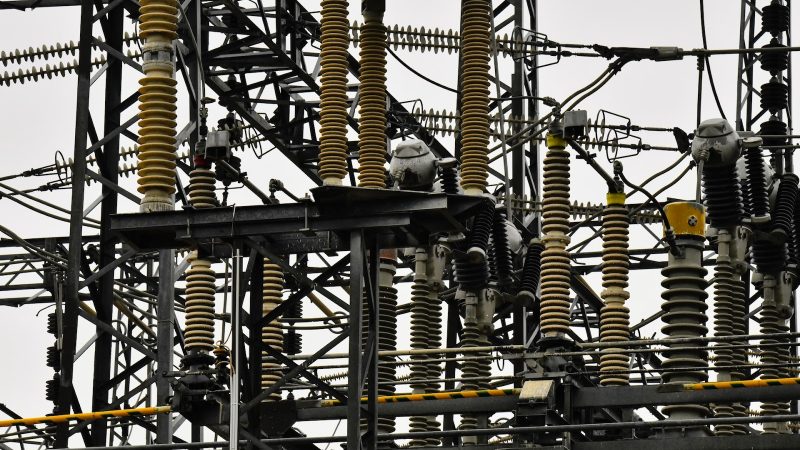Nuclear War and Food Security

Nuclear war would be a disaster for food security in the world. It would wipe out more than half of the human population, disrupt food supplies, and contaminate soil and water. This article outlines what a nuclear war would do to food security . The consequences of such a war are horrifying and should be considered by everyone.
Nuclear war would be a global catastrophe for food security
A nuclear war would ravage the food supply for two billion people, causing severe food insecurity and possibly starvation. Currently, the world’s grain reserves only cover 70 days’ worth of consumption. In today’s world, 825 million people are undernourished, with only 300 million receiving adequate nutrition. The vast majority of people rely on food imports. Under a nuclear war scenario, 1.3 billion people would likely starve to death.
The destruction of sanitation and food processing would contaminate food supplies, causing a famine. Food would be contaminated with bacteria and enteric pathogens, which would make it unfit for consumption by hungry people. The lack of fertilizers, pesticides, and other food-producing infrastructure would further restrict food production. Food would also be contaminated by the excreta of animals and insects.
It would wipe out more than half of humanity
A full scale nuclear war between the US and Russia would destroy more than half of the world’s population. It is estimated that the world would witness 770 million deaths and over 180 Tg of soot. Half of the US population would be within 5 kilometers of ground zero and a fifth of all its citizens would die. And that’s just the direct casualties! The destruction would be immense and far reaching, far beyond the Ukrainian border.
According to academic scientists, a full-scale nuclear war between the US and Russia would kill at least five billion people. The soot created by such a conflict would block sunlight, resulting in global famine and destruction. The soot would last for ten years, causing the Earth’s temperature to drop by more than 50 degrees Fahrenheit.
It would disrupt food supplies
In a nuclear war between the US and Russia, food supplies would be disrupted. Food would be scarce, and spoiled. The destruction of sanitation, refrigeration, and processing would lead to food contamination with bacteria and enteric pathogens. People in the affected areas would eat carrion and spoiled meat, and most likely, they would contract pathogens from the excreta of those who died. In addition, flies and rodents would infest spoiled meat.
According to a recent study by the U.N. Food and Agriculture Organization, a nuclear war would disrupt food supplies worldwide. As a result, crop yields around the world would be reduced. Soot-covered skies would also hinder sunlight, which would hinder the growth of crops. This would lead to global famine.
It would contaminate soil and water
A nuclear war would cause global warming and the destruction of agricultural output. This would result in food shortages and increased food prices. This would affect hundreds of millions of vulnerable people and the poorest nations of the world. This scenario would be devastating for the environment, the economy, and civilization.
The impacts of nuclear war on the atmosphere are complex and uncertain. However, recent studies using better computer power and global circulation models have provided some insights. One study, published in 2007, analyzed the effects of global nuclear war on air, water, and soil. The results showed that the effects on global temperatures were more severe than previously thought. This was due to the entry of soot aerosols into the stratosphere. Although these changes would not occur overnight, they would persist for a decade or more.
Even small-scale regional nuclear wars can disrupt climate for decades. For instance, if two opposing nations in the subtropics used 50 Hiroshima-sized nuclear weapons to hit major populated areas, the soot emitted would be about five million tons. This would result in a cooling of the earth’s temperature by several degrees over large areas. The cooling would be catastrophic and it would take years to fully reverse the effects.
It would cause radioactive fallout
Radioactive fallout from a nuclear war between the US and Russia would be intense and widespread. The fallout would reach the oceans and contaminate croplands for years. It could also kill livestock. While most areas would be relatively unscathed, some areas would experience extreme damage and even famine.
Detonating nuclear weapons releases radioactive fallout that travels up to 50 miles into the atmosphere. Large particles fall to the ground near the explosion, while lighter particles float up into the upper atmosphere and fall back to Earth. Fallout can linger in the air for years and be brought back to the surface by precipitation. The path of the radioactive fallout will depend on wind and weather patterns.
Also Read: Diabetic Food Sources To Avoid And Eat
The fallout would be worst in areas where there are military installations. A nuclear war between the US and Russia would cause widespread radioactive fallout in the cities hit by the weapons. If the two nations were to use a single weapon, a full-force attack could kill 54 percent of the population of the Soviet Union. However, a lesser-scale attack would kill less than half of the population in metropolitan Moscow. The remaining third of the population would be severely injured or killed.






